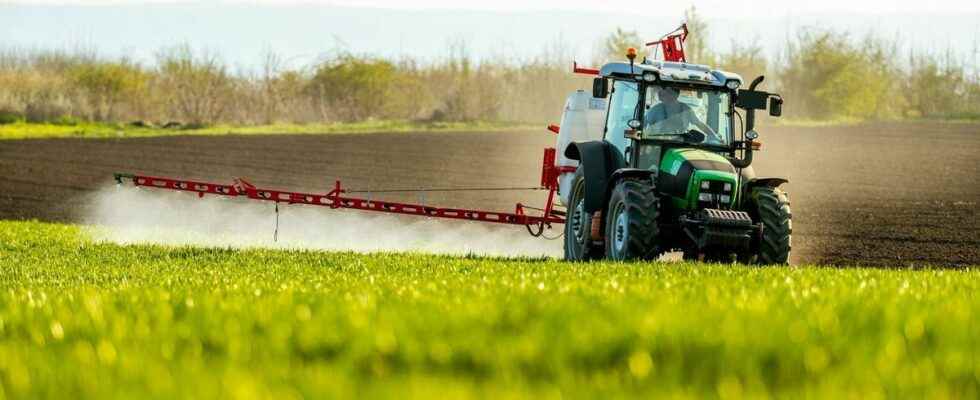Posted ,
Reading 2 mins.
The results of a survey conducted by the magazine UFC-Que Choisir are edifying. According to their results, more than half of the fruits and vegetables from intensive agriculture are contaminated with endocrine disruptors, pesticides suspected of being carcinogenic, toxic for reproduction or DNA.
To arrive at these results, the UFC-Que Choisir studied the official analyzes of 14,000 samples of organic and conventional fruit and vegetables, in search of pesticides. The conclusion is clear : “in the end, more than half of plant products from conventional agriculture are, in France, contaminated with risky pesticide residues” emphasizes the Consumers’ Union. But “not all foods are affected in the same way by this problem, some being almost always contaminated with problematic substances, and others rather rarely” adds UFC-Que Choisir.
Contaminated apples, cherries and pomelos
The exposure of fruits and vegetables is different depending on the species. “For example, in more than a quarter of the grapefruits analyzed (27.4%), we find pyriproxyfen, strongly suspected of being an endocrine disruptor and of having contributed to malformations of the head and brain observed in Brazil.“, reports the UFC Que-Choisir.
The most contaminated foods are apples, with 8 out of 10 samples frequently detecting fludioxonil, a fungicide suspected of being an endocrine disruptor. The cherries are not to be outdone, with almost all of the samples contaminated with phosmet, an insecticide suspected of being toxic for the reproductive function.
The few foods spared by pesticides are Jerusalem artichokes, broccoli, walnuts, cassava, kiwis and asparagus, whose figures did not exceed 10% during the analyses.
Figures within the standards but organic has the advantage
If the foods studied are indeed contaminated by pesticides which pose a problem, the regulatory limit, supposed to guarantee the absence of risk, remains respected. But the difference between intensive and organic farming shows a clear advantage for the latter: in the rare cases where they are contaminated, organic products are low in dangerous molecules, the analyzes finding only 8% of the samples concerned. “Organic farming products therefore constitute a remedy for consumers, especially those most sensitive to the effects of these molecules: pregnant women, children and adolescents. advises UFC-Que Choisir, which nevertheless deplores their difficult access because of their price.
Harmful consequences, which must be guarded against
Dietitian-nutritionist Aurélie Guerri is not surprised by these results. She recalls that asignificant exposure to pesticides in children and fetuses can lead to motor and behavioral disorders as well as developmental delays”. But although she considers this indirect consumption of pesticides dangerous, she does not advise banishing fruits and vegetables from her diet. “The vegetables to avoid are salads, such as lettuce, cabbage, spinach, parsley… In this case, you should favor the organic version if possible” she advises.
“And if this is not possible, to avoid these toxins as much as possible, you must choose seasonal fruits and vegetables and produced locally: because pesticides are also used after harvest to keep plants longer during transport.“.
